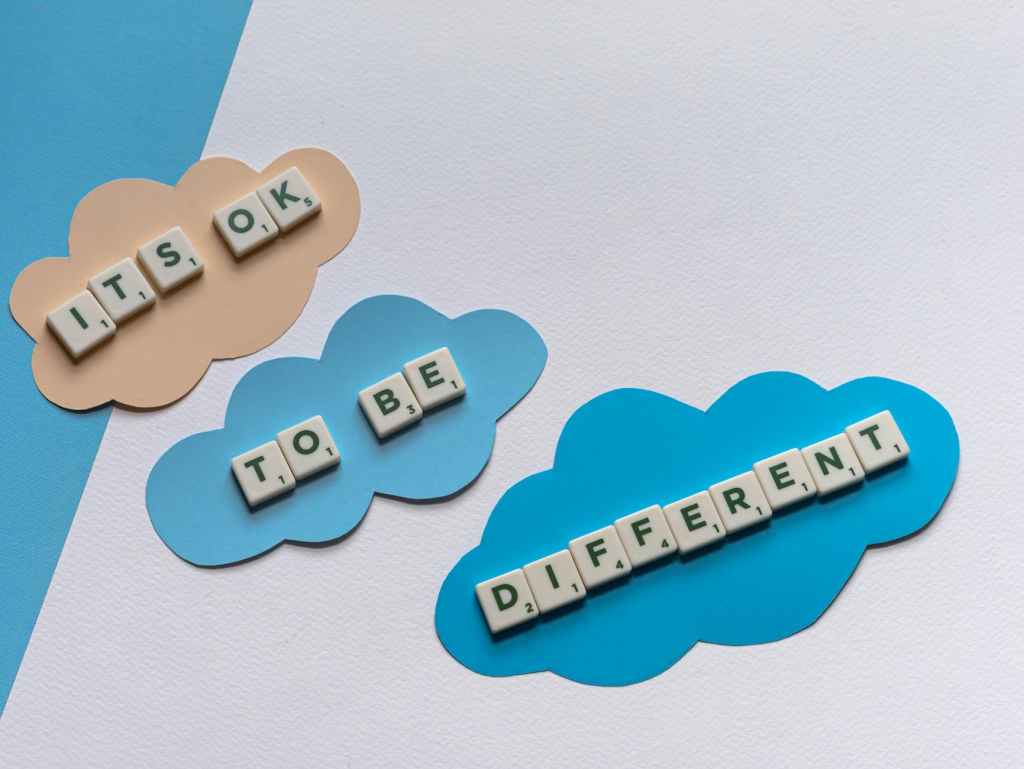The journey of neurodivergent individuals and their families can be a beautiful yet challenging adventure. But along the way, there are beacons of hope—advocacy and support groups that stand with them, offering a helping hand and a listening ear. In this blog post, let’s explore the incredible impact of these groups in empowering neurodivergent individuals and their families. We’ll also introduce you to some remarkable organizations that are making a real difference in this space.
The Power of Advocacy and Support
1. Empowering Voices: Advocacy groups are like megaphones for neurodivergent individuals. They help amplify their unique voices and advocate for the changes and support they need.
2. Building a Supportive Network: Support groups are like warm, welcoming gatherings where you can connect with others on a similar journey. It’s a place to swap stories, advice, and perhaps share a good laugh or two.
3. Education and Awareness: These groups are like lighthouses, dispelling the fog of misunderstanding around neurodiversity. They raise awareness and offer insights to create a more inclusive society.
4. Emotional Resilience: Navigating the neurodivergent journey can be a rollercoaster of emotions. Advocacy and support groups offer a comforting embrace, providing emotional support and a sense of belonging.
Relevant Organizations: Guiding Stars
1. Autism Self Advocacy Network (ASAN): ASAN is powered by the voices of autistic individuals advocating for acceptance, inclusion, and the rights of autistic people.
2. National Alliance on Mental Illness (NAMI): NAMI is like a steadfast friend, supporting individuals and families affected by mental health conditions, including various neurodivergent conditions.
3. The Arc: The Arc is like a guardian angel, watching over the rights of people with intellectual and developmental disabilities, striving for a more inclusive society.
4. Autistic Self Advocacy: Their motto is “Nothing About Us Without Us” – This means that autistic people need to be involved whenever autism is discussed. Decisions about autism need to be made with autistic people. That way, we can make policies that help autistic individuals live their lives, and teach people how to be understanding and supportive of the autistic community.
5. The Dyslexia Foundation: The Dyslexia Foundation is like a tutor, helping individuals with dyslexia thrive through research, advocacy, and education.
6. Tourette Association of America: This organization is like a champion, advocating for individuals with Tourette Syndrome and tic disorders while spreading awareness and support.
7. The Global Autism Project: With a global view, this organization is like a bridge, connecting communities worldwide to provide support and education for autistic individuals.
You’re Not Alone
Advocacy and support groups are the heartbeats of hope in the world of neurodiversity. They provide strength, guidance, and a sense of community on the sometimes rocky path. Their tireless work is a driving force in promoting understanding, acceptance, and the rights of the neurodivergent community. If you or a loved one is neurodivergent, remember—you’re not alone. There are advocates and supporters ready to stand by your side on this incredible journey of life.
Do your research about any organization you join, and judge for yourself if it’s a good fit for you and your family. There are good and bad organizations and charities out there; for example Autism Speaks has a extensive history of ableism and does not have the support of the #actuallyautistic community. For a great blog about the reasons why, click over to Cassandra’s blog post on In the Loop About Neurodiversity.

Leave a comment